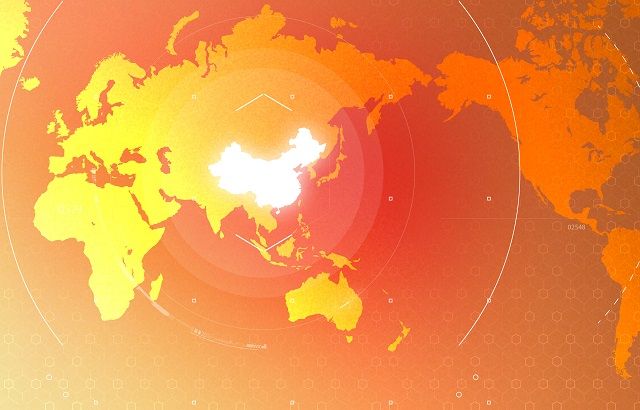As many as 53% of Asian investors believe that China is now too large a market to be accommodated in a general exposure to emerging markets and that the country should be considered as a standalone asset class.
This proportion is significantly higher than that in North America (42%) and Europe (37%), a Vontobel Asset Management survey of 300 discretionary wealth managers and institutional investors found.
China equities comprise 41% of the MSCI Emerging Markets Index, followed by Taiwan stocks — with a distant second highest weighting of 12.28%, according to the latest allocations.
There are 26 countries represented in the index, yet the other three so-called Bric nations of Brazil, Russia and India make up only 5.14%, 8.02% and 3.23%, respectively.
Differing rates of return
There is also a substantial divergence in performance.
The MSCI China Index has generated a 26.32% three-year cumulative return, compared with only 8.02% by the MSCI Emerging Markets index, according to FE Fundinfo data.
The outperformance of China equities is just as stark in the short-term. The index is up 15.11% so far this year, while the emerging markets index is down 0.72%.
Moving money
The survey, conducted in the second quarter of this year, also found that 57% of respondents in Apac expect to increase their emerging market allocations over the next five years, though a more cautious approach is preferred in the short-term with only 20% of them intend to increase exposure during the next 12 months.
Nearly half of those who plan to lift their allocations (45%) said that declining volatility in emerging markets was a key reason, followed by 41% who named a likely rebalancing of global investment indices as a key driver of their decision.
Asia-Pacific investors also seem to be more sanguine about the effects of Covid-19, with a mere 23% preparing to reduce EM allocations as a result of the pandemic, compared with 35% in Europe and 29% in North America.
“The virus could actually lead to increased allocations, because it challenges the conventional view that what is a problem in developed markets is a crisis in the emerging world. APAC investors have seen developing economies in their region, led by China, faring much better than some developed markets,” said Matthew Benkendorf, chief investment officer of Vontobel Quality Growth Boutique.
Asia-Pacific investors are also likely to employ active (36%) rather than passive (23%) strategies in order to better manage risk, and as many as 67% intend to raise allocations to asset classes beyond conventional equities and fixed income, including infrastructure and property.
Although Apac investors typically lag behind Europe and North America in their adoption of ESG, the survey showed that they are closing the gap.
More than half (57%) of respondents in the region said that ESG factors influence the decisions they make about emerging markets asset allocation and stock selection to a great extent, only slightly behind Europe (60%) and North America (59%).
For more insight on asset and wealth management in Asia, please click on www.fundselectorasia.com







